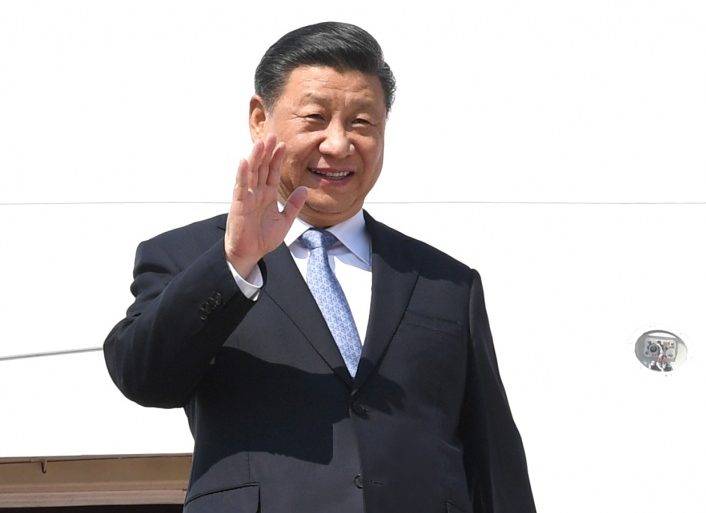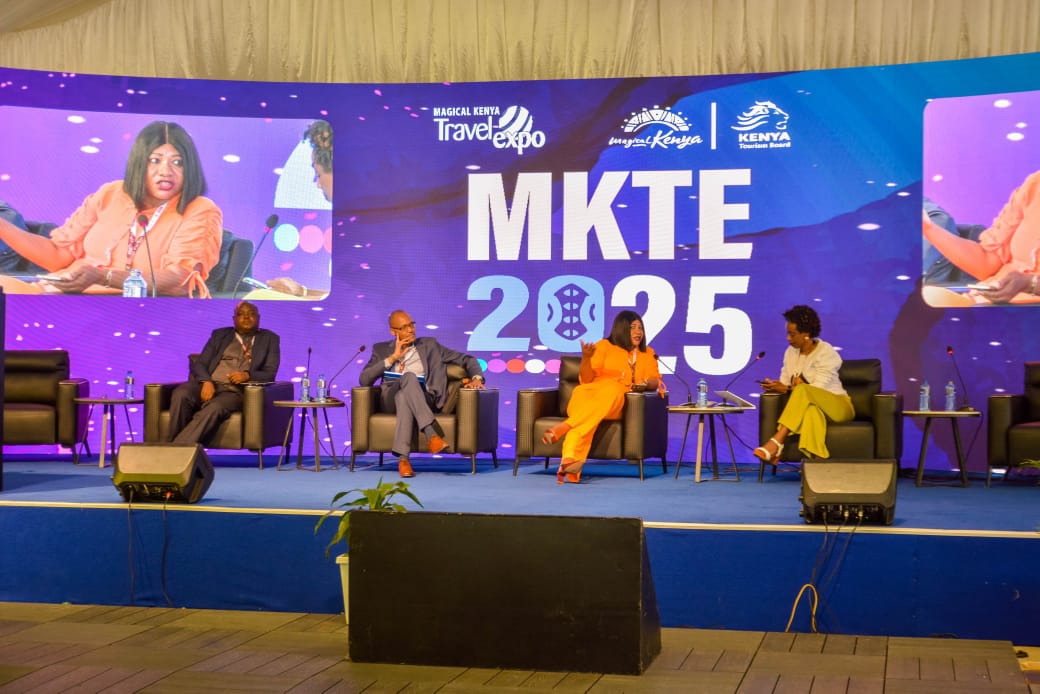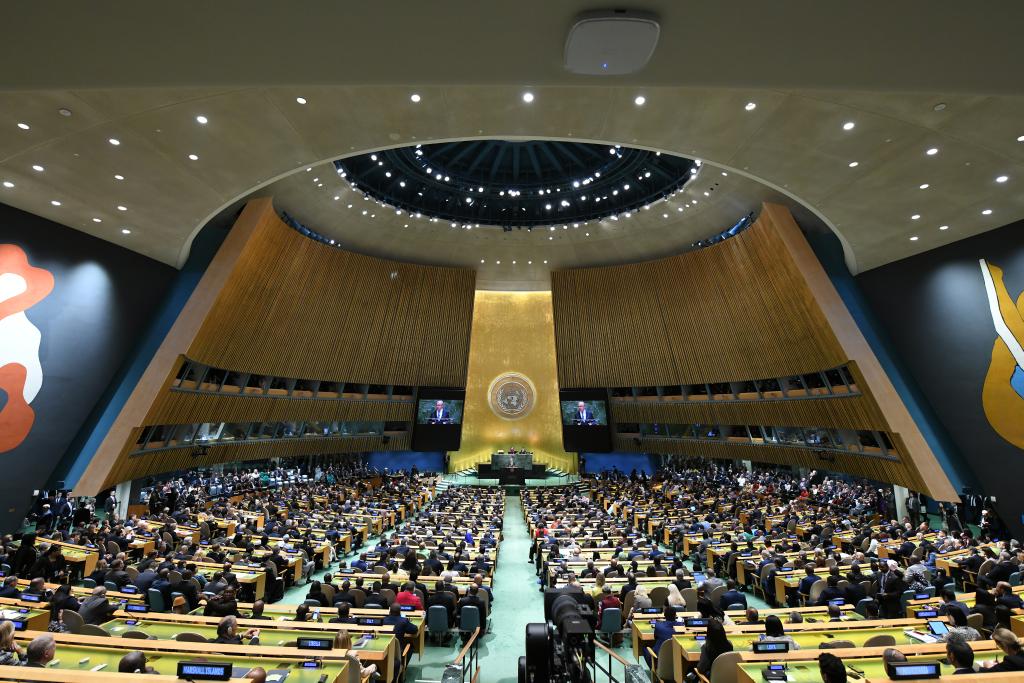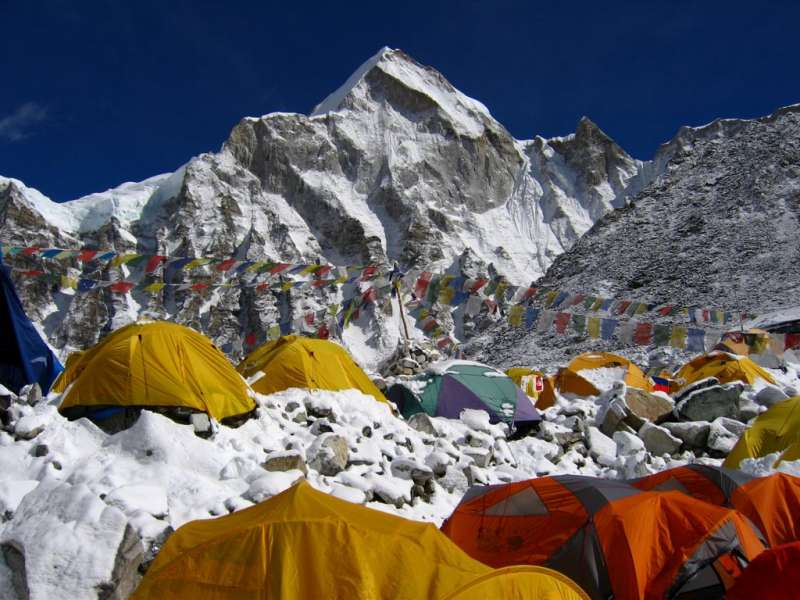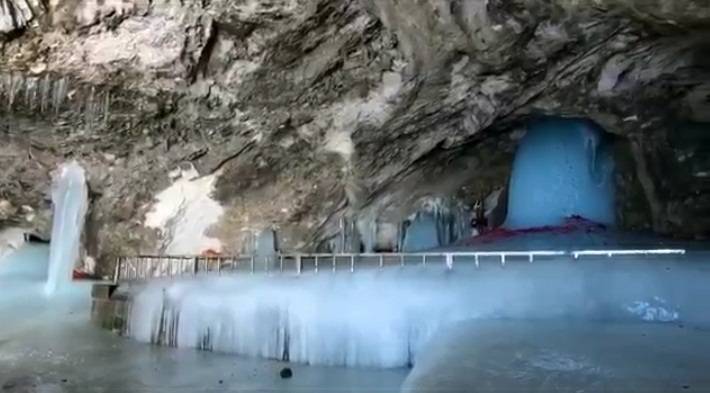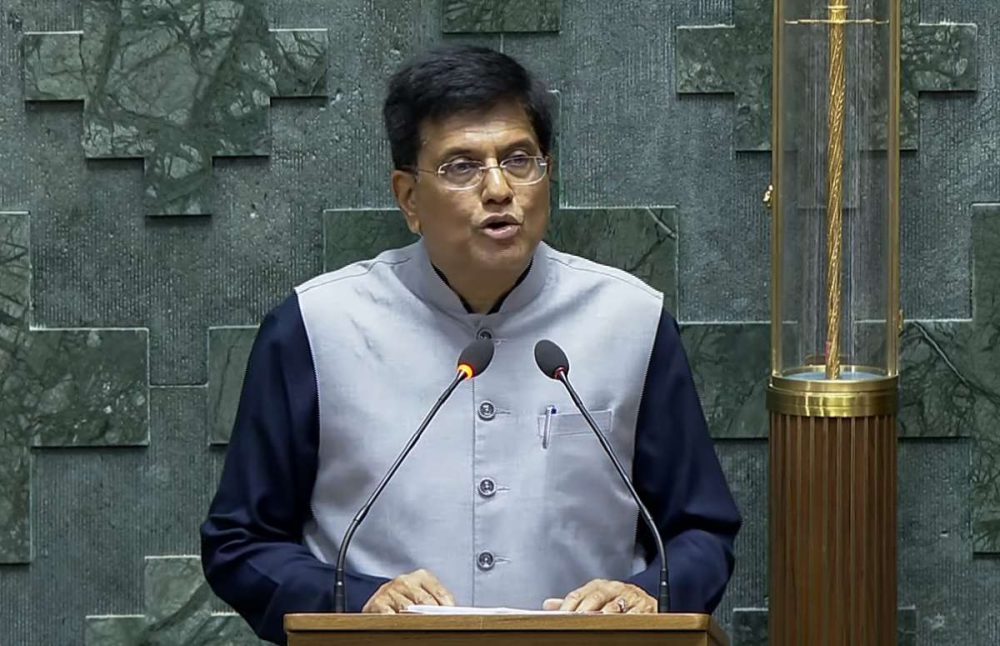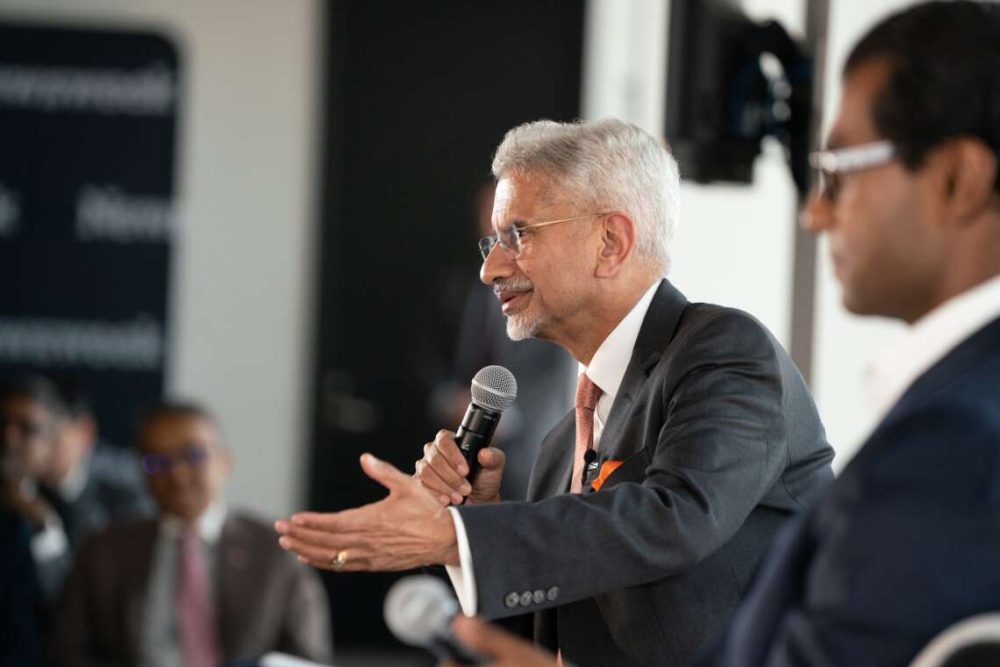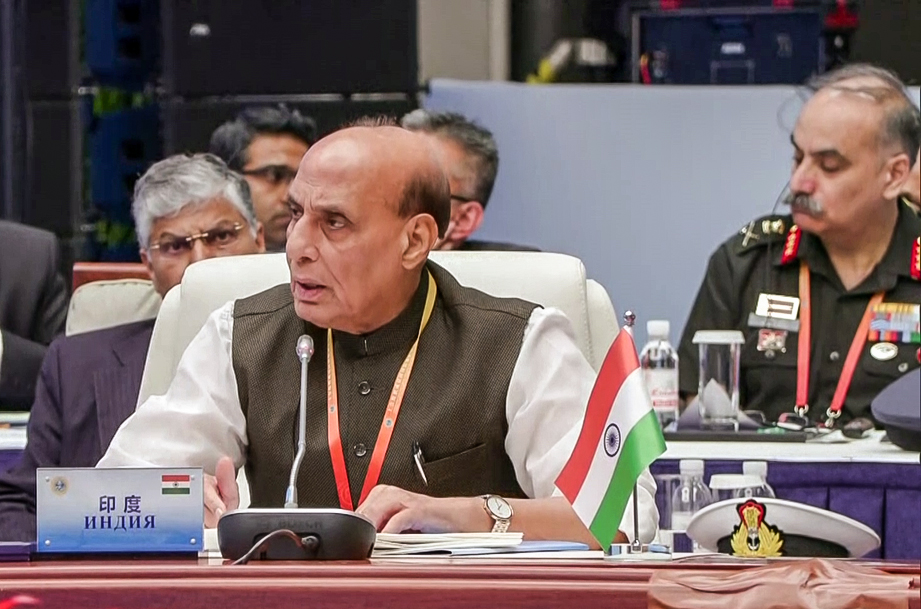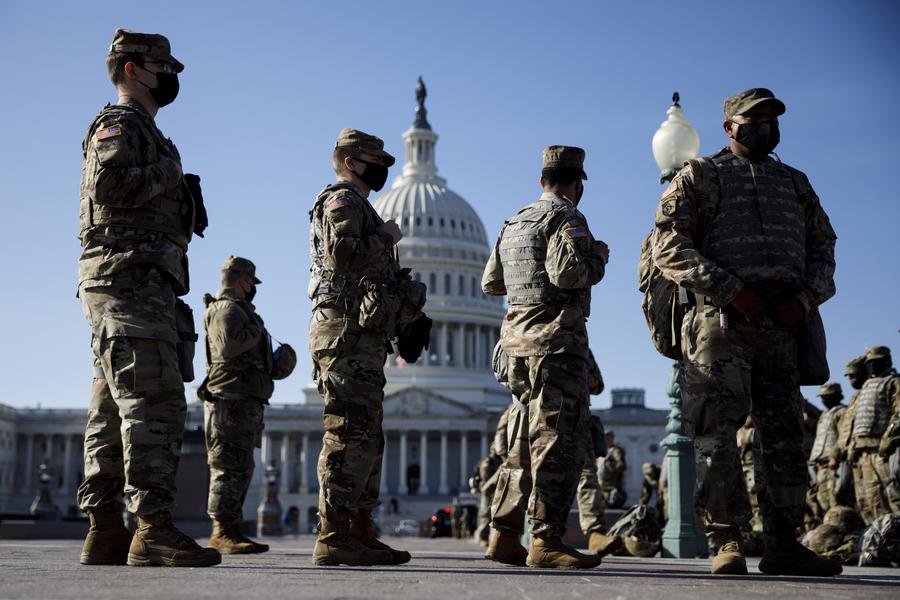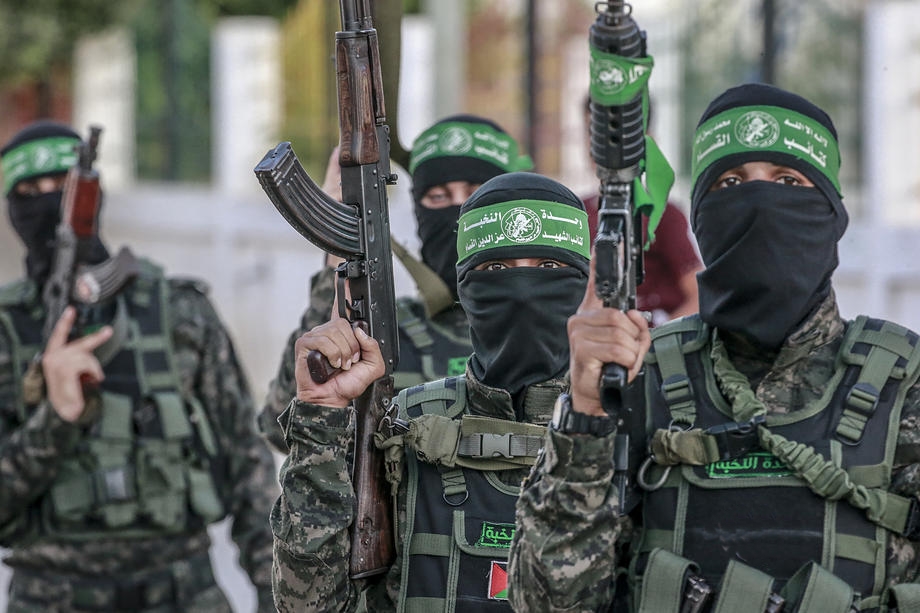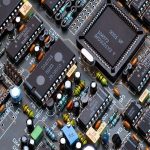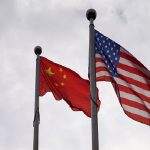Chinese media is gaining a deeper presence on the continent, at a time when Western media have largely retreated from the African landscape…reports Asian Lite News
Despite Chinese President Xi Jinping’s tall claims of promoting ‘soft power’ in Africa, Beijing is deploying strategic activities, employing aggressive propaganda efforts with sharp objectives in order to establish a positive image and consolidate a hegemonic control.
Jianli Yang for National Review writes that amid the criticism that China is pursuing an exploitative strategy in Africa, with its increasing soft-power projections including COVID-19 vaccines, propaganda efforts have intensified to portray China as a positive, benign development partner.
The increasing investments in media, the growing number of Confucius Institutes, the organization of grand cultural festivals, and the generous giving of scholarships have all been embraced to establish China’s strong foothold on the continent.
Meanwhile, resentment amongst the African populace toward the Chinese diaspora on the continent has emerged, fueled by incidents such as the recent ill-treatment of Africans in Guangzhou. In the absence of strong linguistic and cultural affinities between the two, interactions between Chinese and Africans remain quite restricted.
Despite this, Chinese media is gaining a deeper presence on the continent, at a time when Western media have largely retreated from the African landscape, according to National Review.
Beijing has also been actively pursuing its dream of gaining control over local sports markets and securing access to major sports events in Africa. The initiative is aimed at both control and economic gains. The Chinese scheme involves advancing and flooding its own low-grade domestic products into local African markets to demonstrate its ability to match international brands.
At the same time, to nurture demand, Chinese authorities have been constructing sports facilities in many poor African countries that were severely lacking sports infrastructure, including stadiums and the requisite training facilities for sports.

Yang writes: “It is time that African nations, and those in other parts of the world, realize the Chinese method of debt-trap diplomacy, which, beyond hitting them economically, is capable of enslaving them in a neocolonial setup, this time with China at the helm.”
The author also said that Beijing claims to deploy ‘soft power’ in Africa, but in reality is deploying ‘sharp power’, which refers to the use of manipulative, subversive methods by authoritarian regimes to gain influence in other countries.
The media work is also done almost entirely under the heavy hand of state “guidelines”. As China’s economic heft and clout allow it to provide free technical assistance and buy media houses or finance them, the autonomy of African media is put into serious question.
Meanwhile, dozens of China-backed and funded projects in Africa, most of them developed as part of Beijing’s Belt and Road Initiative (BRI), continue to face intense backlash from communities and environmentalists who accuse the developers of destroying ecosystems in pursuit of commodities like oil, metal and timber.
Chinese investment in Africa has also come under the scanner as many have accused it of entrapping countries in its ‘debt-trap’ diplomacy.
The International Monetary Fund (IMF) persistently warns African and other third-world countries that mounting debts to China are dangerous. It stresses that Chinese creditors create some instability or vulnerabilities. (ANI)
ALSO READ: G7 calls on Beijing to respect human rights


